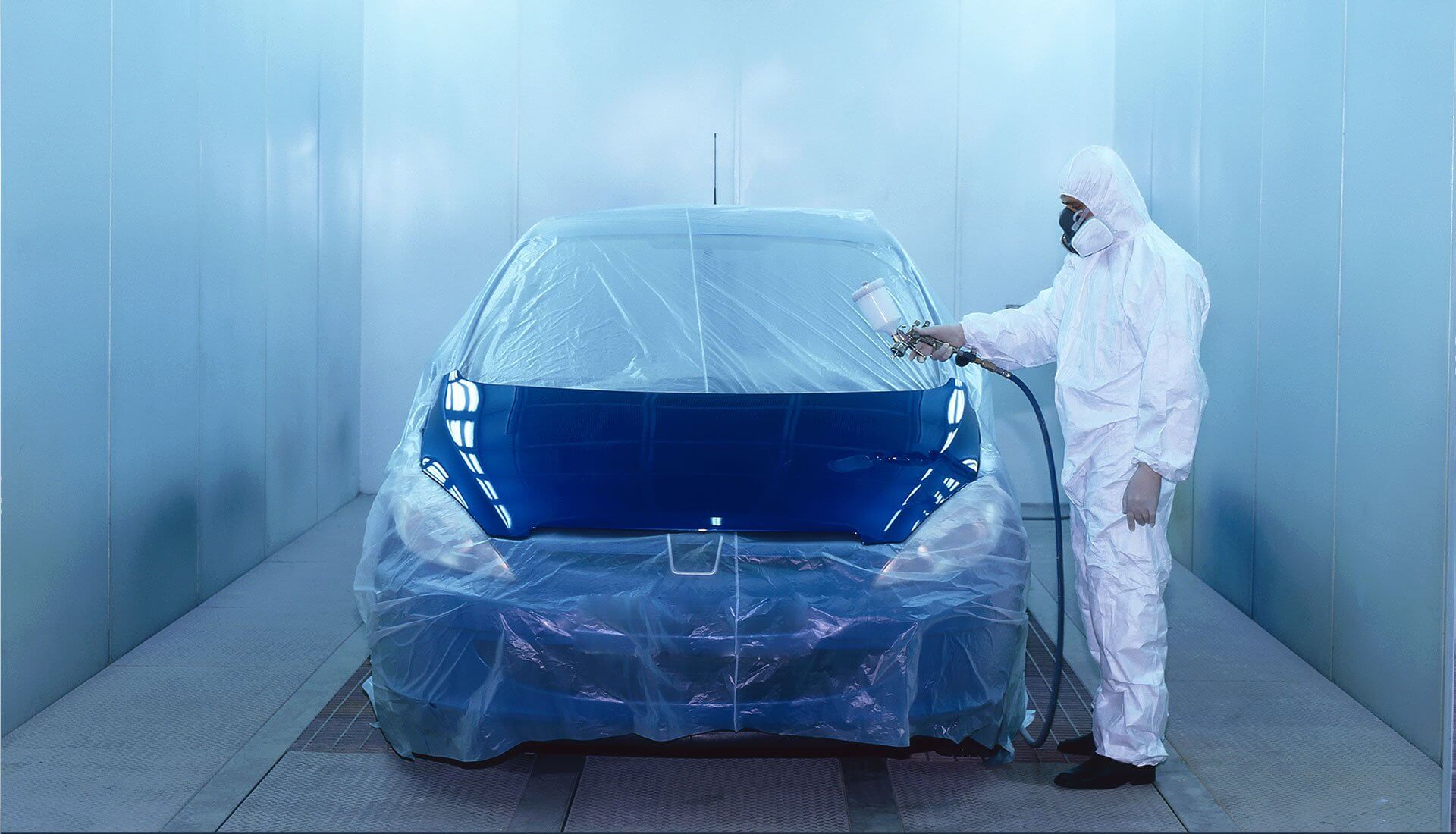Automotive
In the automotive industry, clean room processing is critical for the delivery of safe and effective components as the demand for parts assembled in an automotive clean room is high. The slightest contamination or the presence of particles in sensitive components can result in disastrous effects through mass defects ranging from the wrong paint finish to the failure of equipment.
QV Test’s comprehensive cleanroom and controlled environment testing and certification services coupled with our technical expertise and regulatory knowledge will ensure the critical environments are performing in accordance with current standards, regulations, and customer quality specifications.
- Cleanroom Testing and Certification
To show that a cleanroom is working satisfactorily, it is necessary to demonstrate that the following principles have been satisfied:
‐ The air supplied to the cleanroom is of sufficient quantity to dilute or remove the contamination generated in the room.
‐ The air supplied to the cleanroom is of a quality that will not add significantly to the contamination within the room.
‐ The air within the cleanroom suite moves from clean to less‐clean areas to minimize the undesirable movement of contaminated air. Air should move in the correct direction through doorways and the construction fabrics of the room.
‐ The air movement within the cleanroom should ensure that there are no areas within the room with high concentrations of contamination.
QV test offers the following:
Primary Tests are related to the airborne particulate cleanliness class as required by ISO 14644. By performing these tests, the cleanroom will be correctly classified to the appropriate class level.
- Airflow Velocity and Uniformity Tests
- Airflow Volume and Uniformity Tests
- Air Change Rate (ACH) Tests
- HEPA Filter Installation Leak Tests
- Airborne Particle Count Cleanliness Classification Tests
- Room Pressurization Test
Secondary Tests are user optional and relate to particle, air movement, and ancillary systems within the cleanroom.
- Airflow Smoke Pattern Tests
- Recovery Tests
- Lighting Level and Uniformity Tests
- Temperature and Humidity Uniformity Tests
- Dust Collector System Testing and Certification
Dust collector is a system to collect the dust from the released air from the operation of the production line, by collecting dust, particle and other impurities from air or gas.
The operation testing will be conducted by studying airflow velocity and direction profile, which can be verified by smoke studies. Air pressure measurement is also one of the parameters for this test.
QV Test offers the following:
- Airflow Velocity and Uniformity Tests
- HEPA Filter Installation Leak Tests
- Room Pressurization Tests
- Airflow Smoke Pattern Tests

